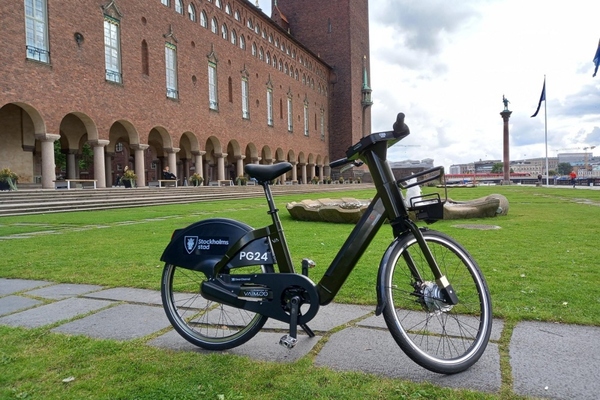With the increasing demand for sustainable and eco-friendly transportation options, e-bikes have emerged as a popular alternative to traditional modes of commuting. E-bikes, also known as electric bicycles, are equipped with an electric motor that provides pedal assistance, making it easier to ride uphill or cover longer distances. The rise of e-bikes has revolutionized urban commuting, providing a faster, cheaper, and more convenient way to travel within the city.
Benefits of E-Bikes for Urban Commuting
- Speed: E-bikes can reach speeds of up to 28 mph, making them faster than traditional bicycles and comparable to cars in heavy traffic.
- Cost: E-bikes are significantly cheaper to operate than cars, with an average cost of $0.05 per mile compared to $0.60 per mile for a car.
- Convenience: E-bikes are compact and lightweight, making them easy to park and store. They also do not require a license or registration, unlike cars or motorcycles.
- Health: While e-bikes provide pedal assistance, they still require physical effort, providing a low-impact workout that can improve overall health and fitness.
- Environment: E-bikes are emission-free and produce significantly less carbon footprint than cars, making them a sustainable transportation option.
E-Bikes in the Urban Landscape

The rise of e-bikes has also led to changes in the urban landscape, with cities adopting new policies and infrastructure to accommodate the growing number of e-bike riders. Bike lanes and dedicated e-bike parking spaces have been established in many cities, making it easier for e-bike riders to navigate through traffic and find parking. Some cities have even launched e-bike sharing programs, allowing residents to rent e-bikes for short-term use.
However, the rise of e-bikes has also raised concerns about safety and regulation. E-bikes can reach high speeds and may pose a risk to pedestrians and other cyclists. As a result, some cities have implemented speed limits and restrictions on where e-bikes can be ridden. Additionally, there is ongoing debate about whether e-bikes should be classified as bicycles or motorized vehicles, with different regulations and licensing requirements depending on the classification.
The Future of E-Bikes in Urban Commuting
The future of e-bikes in urban commuting looks promising, with the market for e-bikes expected to continue to grow. Advances in technology are also expected to improve the performance and range of e-bikes, making them even more practical for daily commuting. As more people adopt e-bikes as their primary mode of transportation, cities will need to continue to adapt to the changing landscape and provide necessary infrastructure and regulations to ensure the safety and convenience of all commuters.
The rise of e-bikes has revolutionized urban commuting, providing a faster, cheaper, and more sustainable alternative to traditional modes of transportation. While there are still challenges to overcome, the benefits of e-bikes for urban commuters are undeniable, and the future looks bright for this growing industry.










